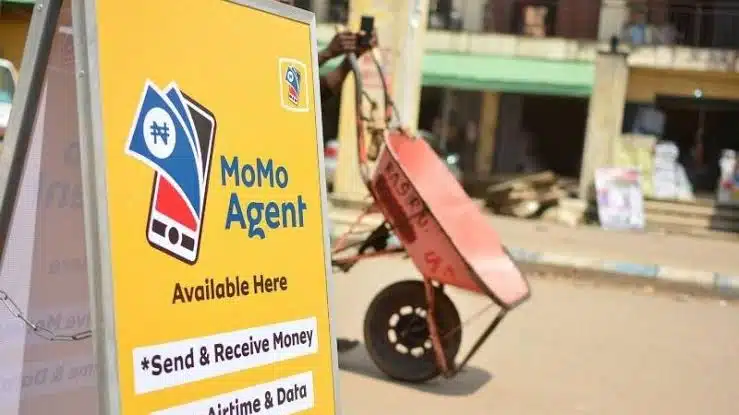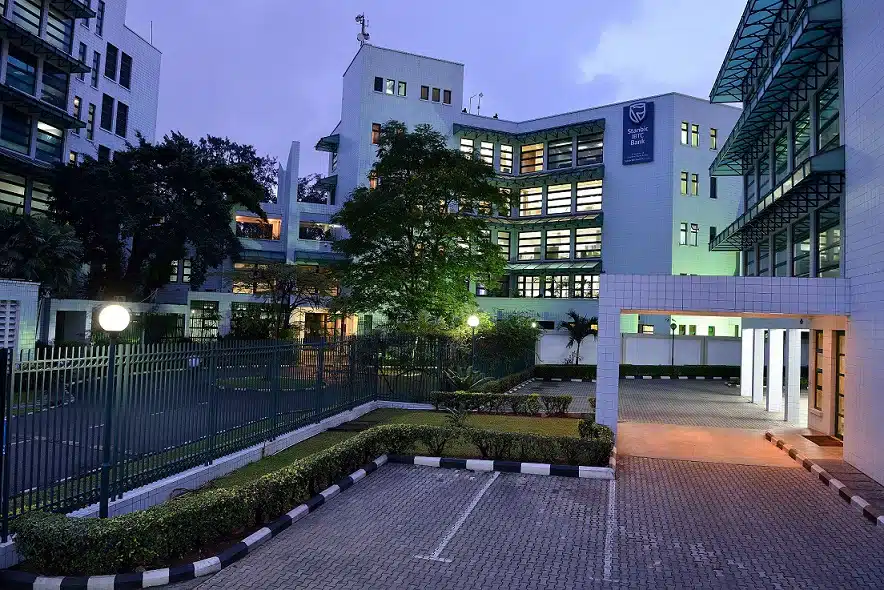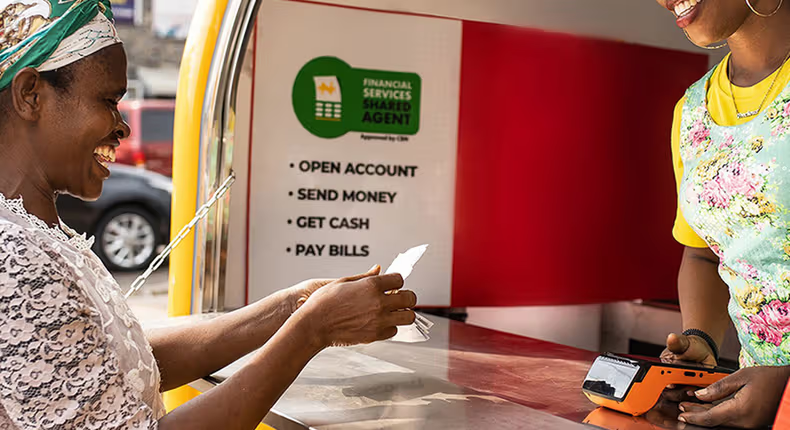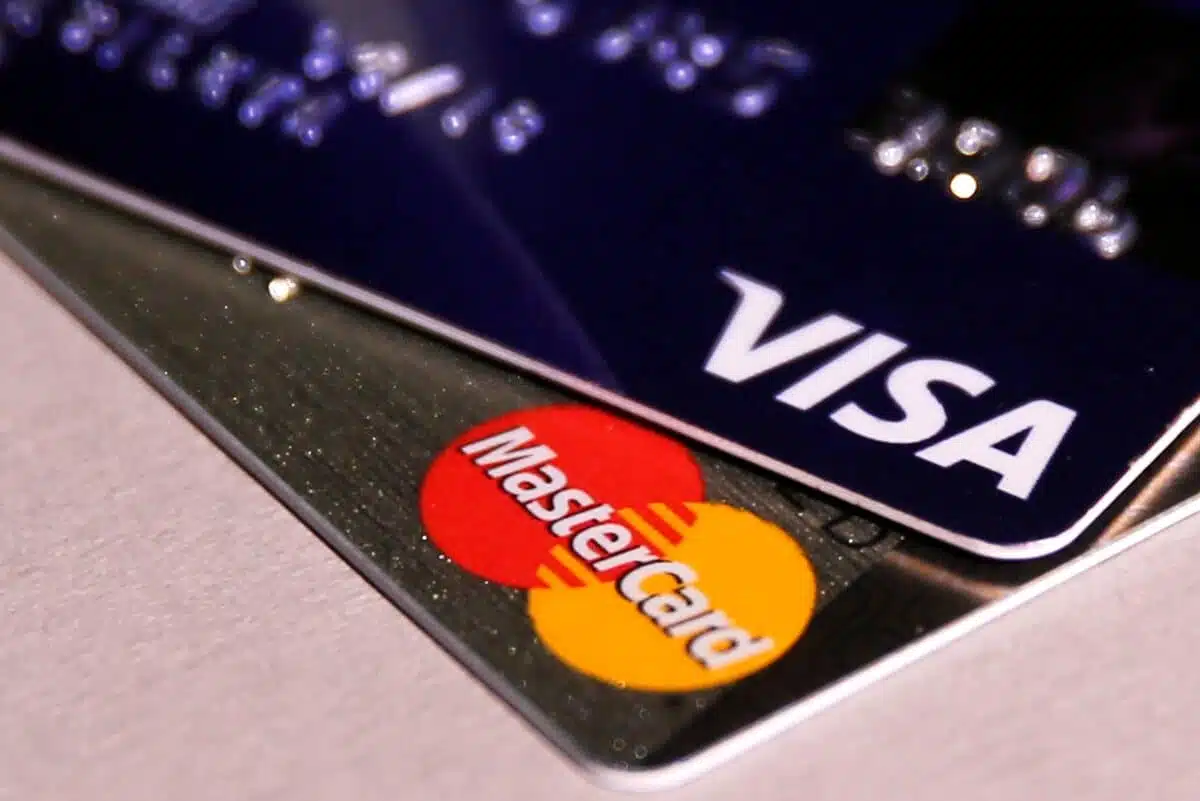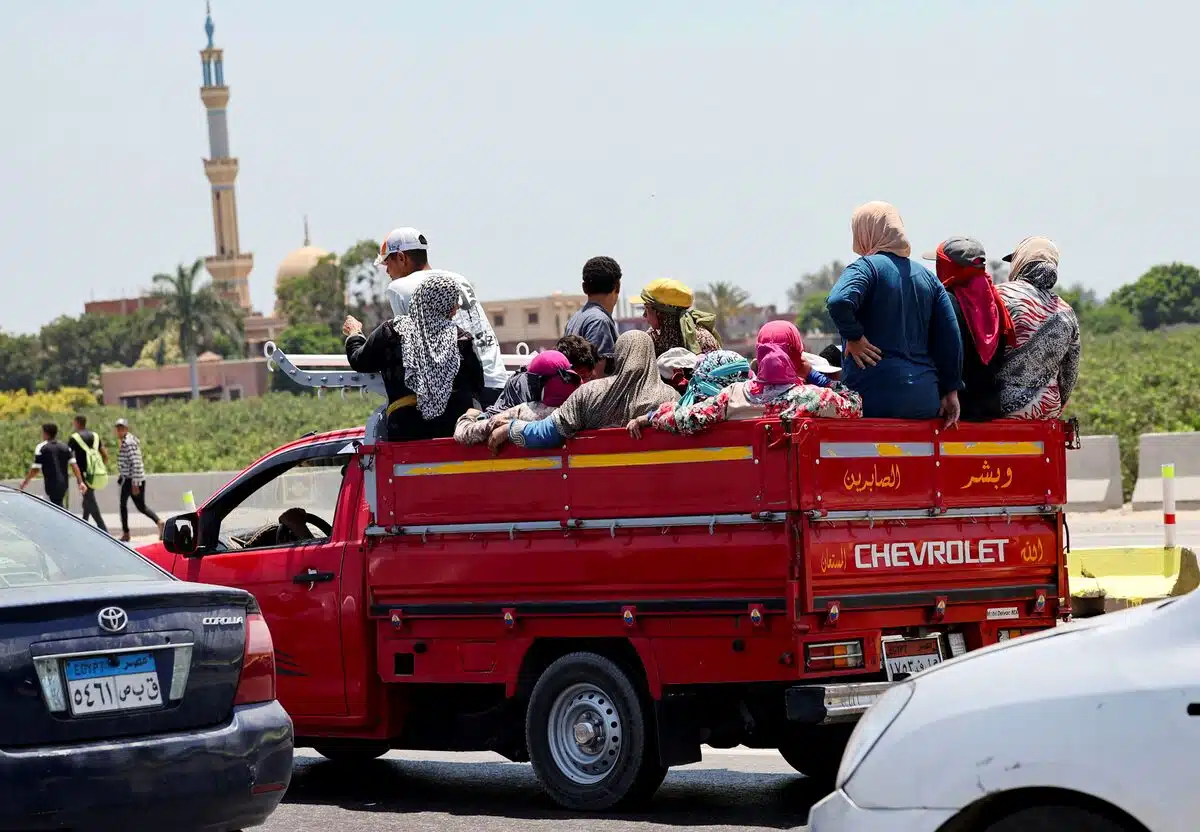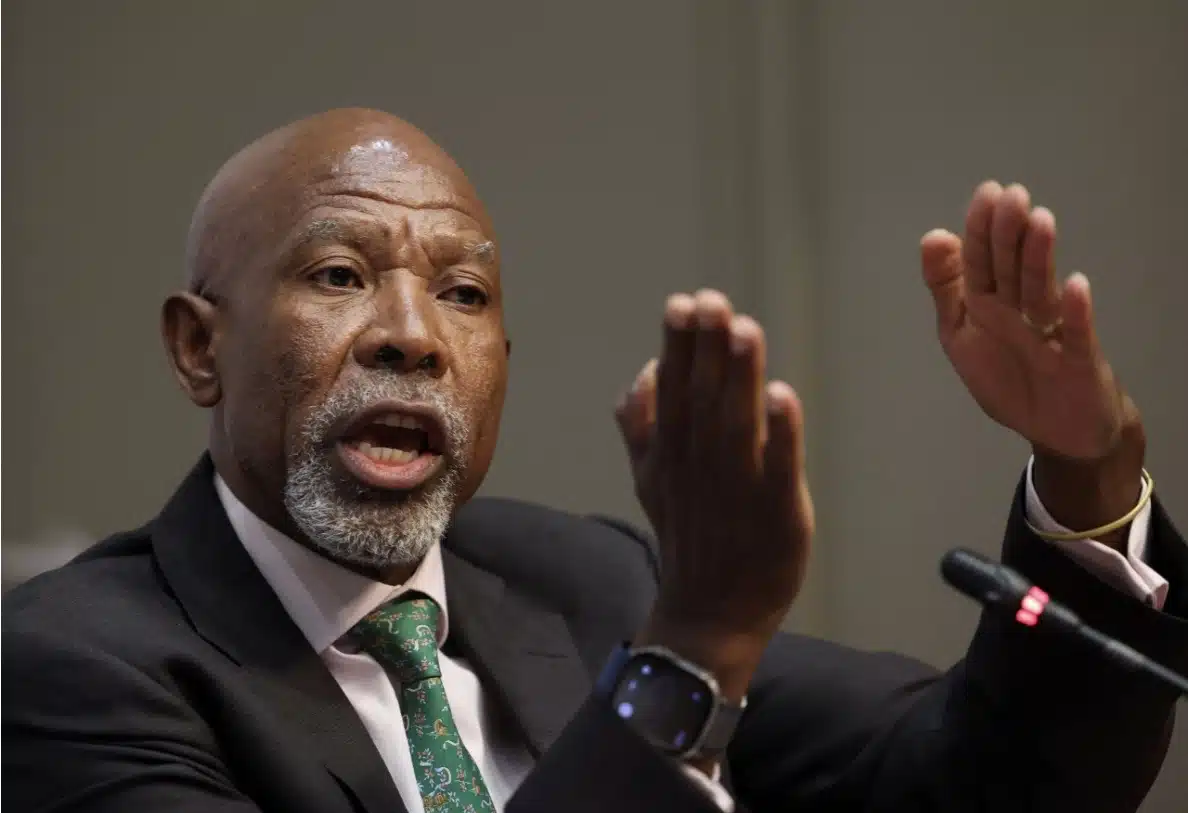MTN MoMo users in Ghana can now send money directly to Nigerian MoMo wallets, marking a significant step in intra-African payments. This feature allows individuals and businesses to transfer the Cedi equivalent of their intended amount, with the recipient receiving funds in Naira.
Customers can access the service via the MoMo app or USSD code (*170#), with a 4% transaction fee on the sender’s end and zero fees for the recipient.
With over 50 million users, MTN MoMo is one of Africa’s leading mobile money providers. It leads the West African region with over 16.5 million users in Ghana alone and 2.8 million users in Nigeria.
MTN MoMo Nigeria has launched similar cross-border payment service options for its Nigerian customers in over 16 African countries, including the Benin Republic, Cameroon, Congo Brazzaville, Côte d’Ivoire, the Democratic Republic of Congo, Gambia, Liberia, Malawi, Rwanda, Sierra Leone, Togo, Uganda and Zambia.
This new cross-border payment service eliminates the need for third-party intermediaries, which have long contributed to high remittance costs within Africa.
Sending money within Africa is still too expensive
Despite Africa’s advances in digital payments and fintech, sending money between African countries remains significantly more expensive than sending money outside the continent.
- World Bank data shows that intra-African remittance fees can be as high as 27% per transaction, compared to the global average of 6%.
- In some cases, sending money from Nigeria to the UK is cheaper than sending money to Ghana because transactions often route through the UK or the US first, incurring multiple conversion and processing fees before reaching the recipient.
- This reliance on external intermediaries like SWIFT and international banks adds unnecessary costs and delays to what should be simple transactions.
Before MTN MoMo’s cross-border payments, sending money from Nigeria to Ghana could cost anywhere from 8% to 20% in fees, depending on the service provider and transfer amount.
With MoMo’s new service charging only 4%, this represents a significant cost reduction and could encourage more direct transactions between businesses and individuals in the two countries.
The Nigeria-Ghana trade corridor
Nigeria and Ghana have a long history of trade and migration, with Nigeria ranking among Ghana’s top trading partners. In 2023:
- Exports from Nigeria to Ghana stood at $162 million, and Ghana to Nigeria stood at $116 million. Goods include crude oil, agricultural goods, gold, cocoa and processed foods.
- Nigeria exports crude oil, agricultural goods, and manufactured products, while Ghana exports gold, cocoa, and processed foods.
- Ghana is home to over 77,000 Nigerians, while Nigeria is home to roughly 20,000 registered Ghanaians. Actual figures are a lot higher.
- High remittance costs have often discouraged cross-border trade at the SME level, forcing businesses to rely on informal money transfer networks.
- Current trade seems to focus on high-ticket items between both countries and not enough micro or small-scale transactions.
If MTN MoMo’s solution gains traction, it could facilitate higher volumes of trade, business expansion, and financial inclusion, especially for small businesses that rely on fast and cost-effective transactions.
The bigger picture
MTN MoMo’s direct cross-border service signals a shift toward simpler, real-time payments within Africa, but it also highlights the slow adoption of the Pan-African Payment and Settlement System (PAPSS).
- PAPSS was designed to streamline intra-African payments, eliminating the need for USD conversions and reducing costs.
- However, its adoption has been slow, with many financial institutions yet to integrate it into their systems.
- MTN MoMo’s move proves that demand exists, but the absence of a continent-wide payment framework means private companies are stepping in to fill the gap.
- MTN is not alone in this. More and more companies are coming up with their own Africa-wide payment networks.
Could we see full cross-network interoperability across Africa?
While MoMo’s solution works within its own ecosystem, the next step would be achieving interoperability between different mobile money providers and banking networks.
Other payment rails in Africa include:
- PAPSS (public coalition-backed)
- Bank’s cross-border payment network.
- Flutterwave’s remittance services
- Visa and Mastercard’s African payment network
- Access Bank’s cross-border payment network.
For true seamless intra-African payments, interoperability across multiple financial networks will be essential. MTN’s latest launch while laudable, is a stark reminder of Africa’s fragmented payment space.

